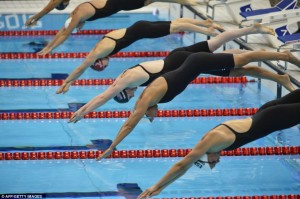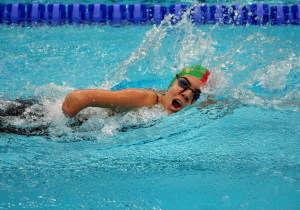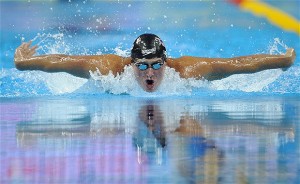 Athletes face many challenges that the average professional does not face. The life of a professional athlete is a very atypical one that most people could not manage. The challenges and hardships that an athlete encounters are the kind that most of us would be far too overwhelmed by to face. The work can be back breaking and demanding, resulting in injuries and exhaustion. The pressure and expectations that are applied to athletes can be brutal, breaking them down to nothing when they do not perform well. Many athletes are pushed so hard that they do not have a proper stress release and go off the rails. Being a professional athlete is not for the faint of heart.
Athletes face many challenges that the average professional does not face. The life of a professional athlete is a very atypical one that most people could not manage. The challenges and hardships that an athlete encounters are the kind that most of us would be far too overwhelmed by to face. The work can be back breaking and demanding, resulting in injuries and exhaustion. The pressure and expectations that are applied to athletes can be brutal, breaking them down to nothing when they do not perform well. Many athletes are pushed so hard that they do not have a proper stress release and go off the rails. Being a professional athlete is not for the faint of heart.
The work that athletes put forward is incredibly taxing. Training can drain every last drop of energy and stamina out of an athlete, leaving them ragged and depleted. The training scheduled by coaches and managers can take up sixty hours of a week, pushing the athlete close to illness for how physically demanding it is. The toll that this kind of work takes on the body and the brain over time is very heavy.
Injuries are a very real possibility to professional athletes. Every athlete lives with the understanding that serious injuries can happen unexpectedly and can be life changing. In fact, as many as a quarter of professional athletes are forced to retire due to injuries; either traumatic injuries or ones that developed slowly through repetition.
Another immense difficulty that athletes face is the weight of pressure and expectations. These may be applied by managers, coaches, fans, family, peers, an athlete’s competition or the athlete themselves. Regardless of where it originates, with all eyes on the athlete, the burden to carry can become overbearing.
The only way of coping with these challenges is by having a stress release, but in actuality, many athletes have no such thing in their lives. The schedules enforced on them and the demands placed on them do not allow for any kind of stress release, which can lead to severe mental health problems for athletes.




